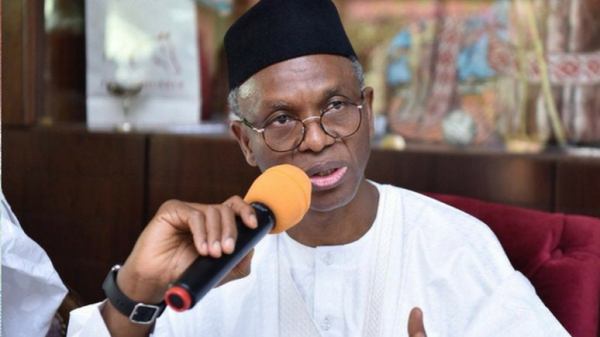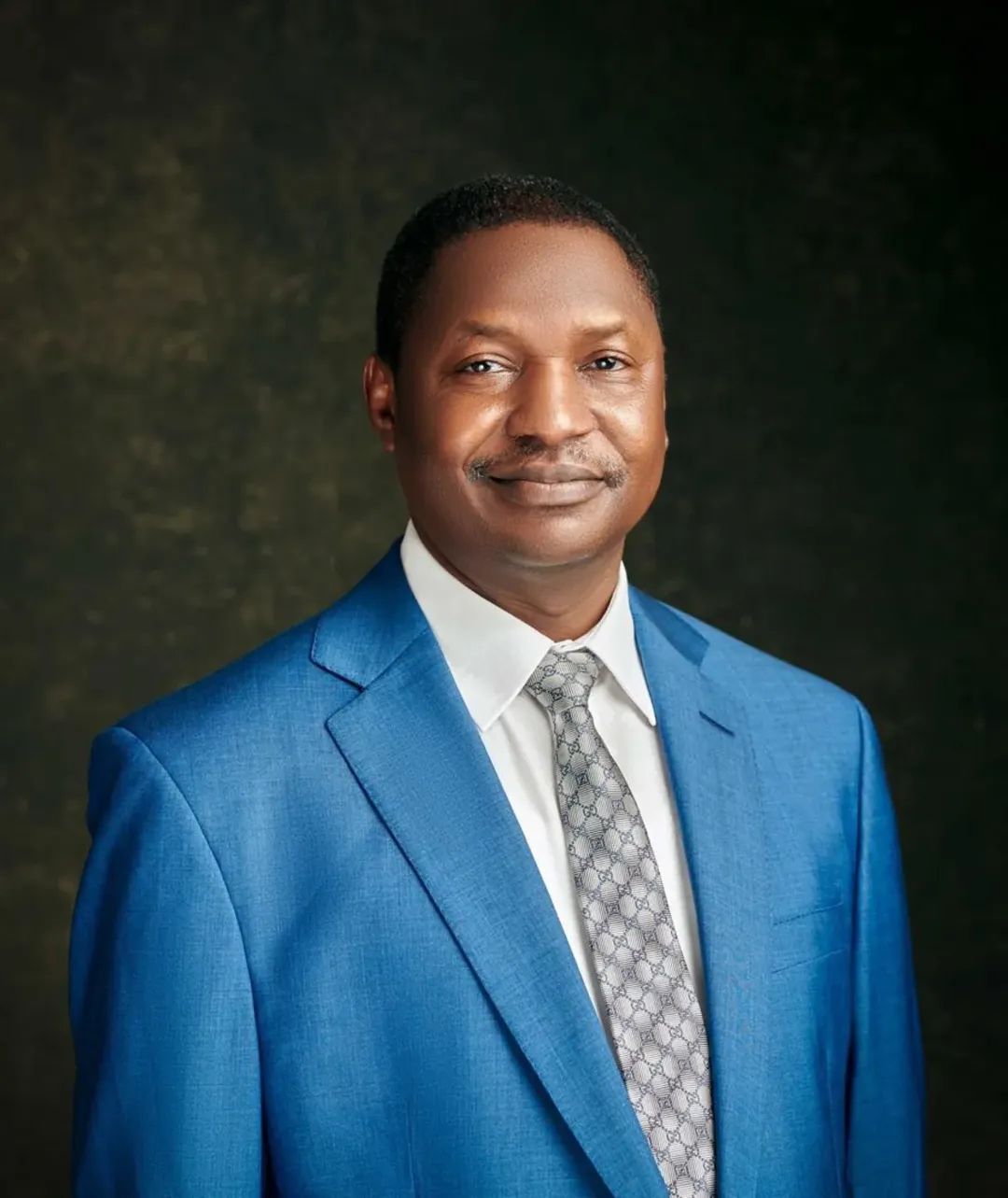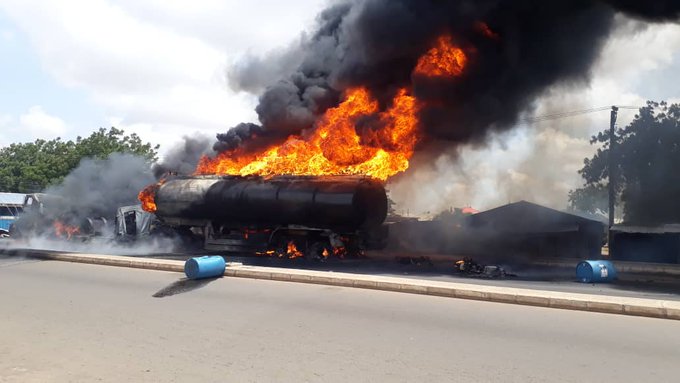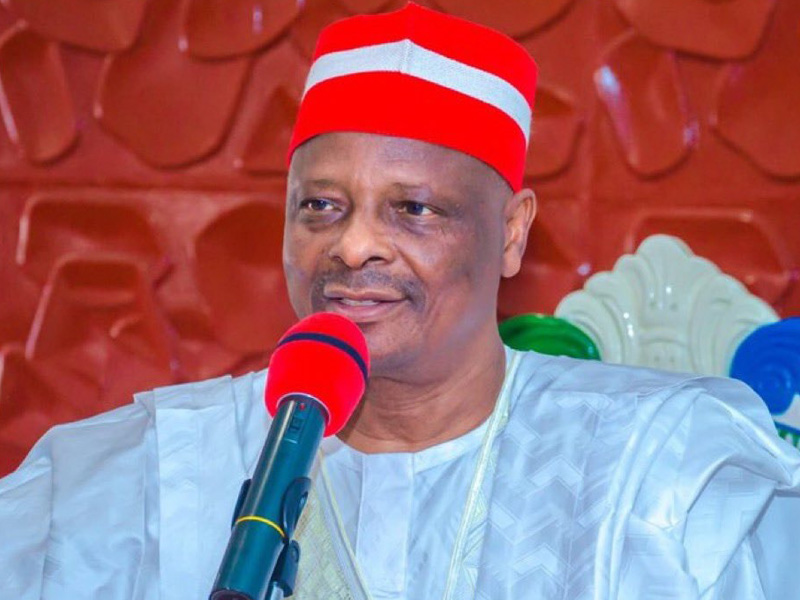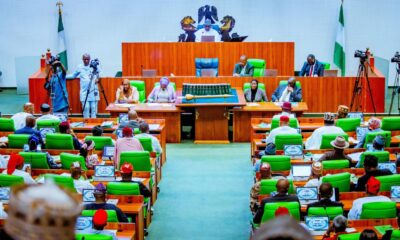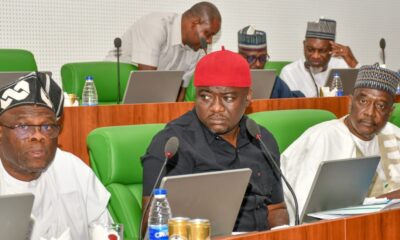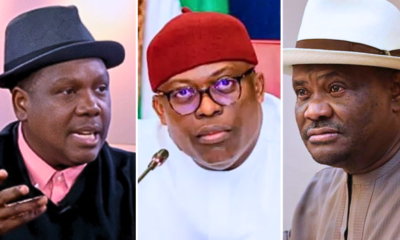News
Governors’ handling of LG Elections undermines trust in State Police … Hon Yusuf Gagdi
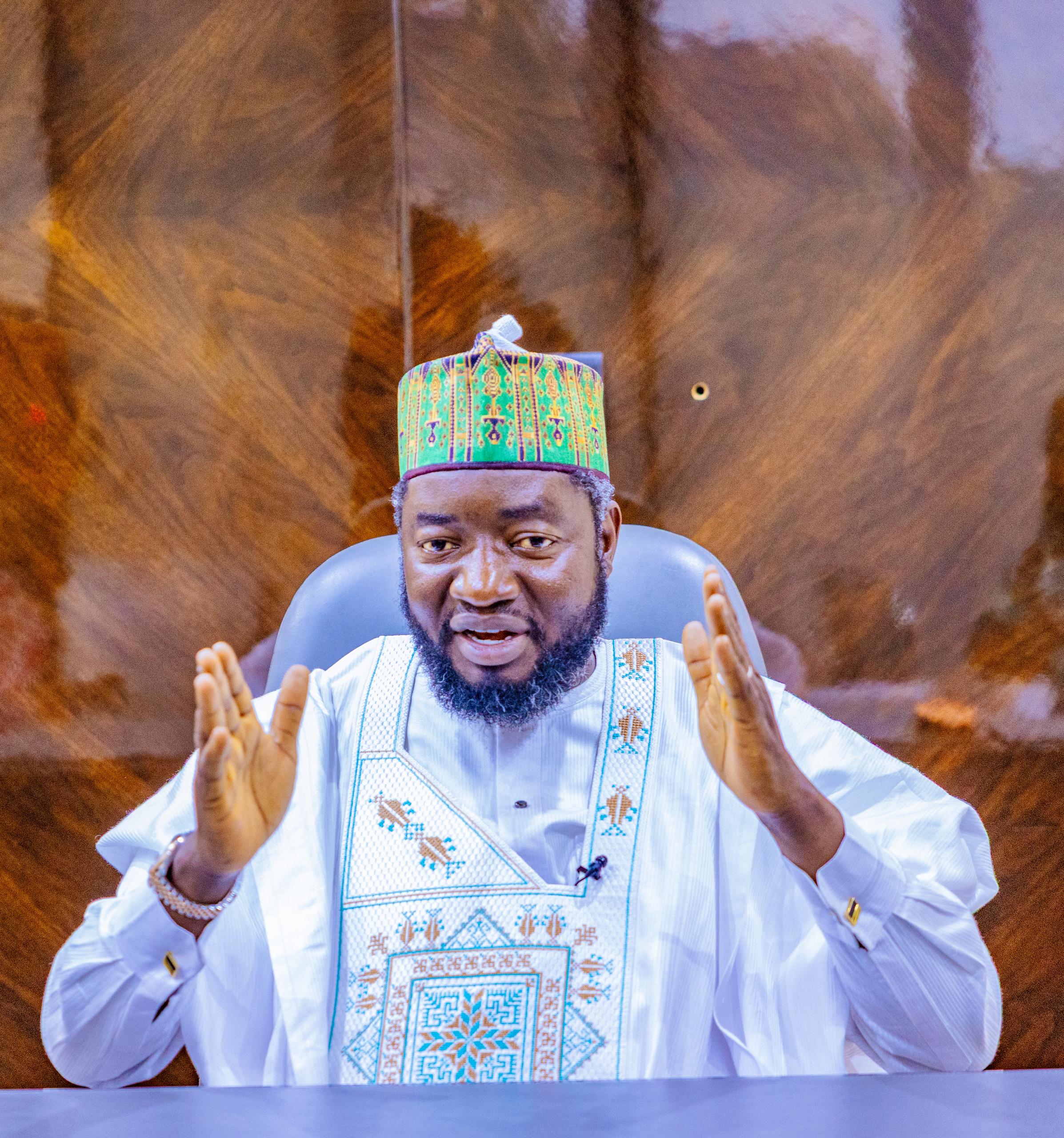
Yusuf Gagdi, a member of the house of representatives, says governors’ handling of state independent electoral commissions (SIECs) shows they cannot be trusted with state police.
The national assembly is reviewing the 1999 constitution, with the creation of state police ranking among the major proposals on the table.
President Bola Tinubu and several governors support the plan, arguing it could help curb Nigeria’s lingering security challenges, including banditry, kidnappings, and other violent crimes.
“I am reviewing all the aspects of security; I have to create state police. We are looking at that holistically,” Tinubu said early this month.
However, analysts warn that granting governors control of state police could lead to abuse, as they might use it as a tool against political opponents.
Last year, Umar Bago, governor of Niger, said while the state supports state police, the framework could lead to tyranny.
On Saturday, Benjamin Kalu, deputy speaker of the house of representatives and committee chairman on constitution review, said concerns about hijack should not prevent the creation of state police.
‘GOVERNORS CAN’T BE TRUSTED WITH STATS POLICE’
Gagdi, who represents Pankshin/Kanam/Kanke federal constituency of Plateau state, said governors’ handling of local government elections shows how opposition parties are routinely shut out, unlike at the national level, where the Independent National Electoral Commission (INEC) allows room for competitiveness.
“No matter how you describe it, INEC has conducted elections in Nigeria where you have opposition governors,” he said.
“There is no election conducted by INEC that the opposition does not win more than 10 of the 36 states in the federation
“But tell me one state in Nigeria where the state independent electoral commission conducts elections and you have 2 per cent of the members of the legislative arm of government at the local government level. Mention one. Irrespective of APC and PDP, I am not talking about the party now.
“Mention one state governor who conducted an election and you have 2 per cent of the members of the local legislative council won by the opposition.
“Tell me one state, including my APC states, that you have one or two local government council chairman that the opposition members win.
“It means, therefore, that you will rate INEC at the national level as more transparent and better than the state independent electoral commission.
“Now, if the governors cannot handle a state independent commission fairly, how will you trust them with the power to control AK-47s at the state level? I am entitled to my opinion.
“If they cannot handle a state-independent electoral commission well and even allow opposition to win in a relatively fair election, but they take everything for themselves, strangling opposition, chasing and arresting and announcing the result they want to announce.”
“This does not happen in a national election [election conducted by INEC], how do you give them (governors) state police?
He said this raises doubts about giving governors control over armed security.
“How do you think he [governor] will use state police? If you give him [the governor] civil power to conduct elections and he uses it militarily, what if you give him military power?
Instead of creating state police, the lawmaker advocated strengthening community policing already recognised in the Police Act, which, he noted, gives communities a role in nominating representatives for policing at local, state, and federal levels.
Gagdi argued that the Police Act already empowers communities to play a role in security through community policing.
“We have community policing in the present Police Act. Why can’t we strengthen the community policing? he asked.
He said he does not make statements without reason, stressing that the law recognises community involvement by allowing them to nominate representatives into the policing structure.
The legislator said that in community policing, communities are represented at different levels: federal constituency, senatorial district, and local government.
He explained that the council is chaired by the paramount ruler of that area at the local government level, while at the state level, the commissioner of police and the chairman of the council of chiefs jointly oversee the structure.
The lawmaker maintained that community policing, as provided for in the Police Act, gives people greater power to secure their domains than creating state police would.
He added that with federal and community policing working together, citizens would have less incentive to violate the law.
-
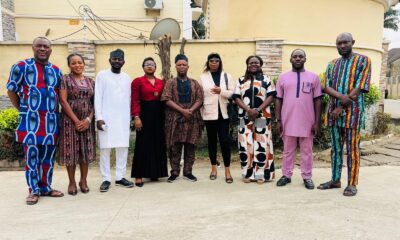
 NUJ FCT1 day ago
NUJ FCT1 day agoNUJ FCT partners Centre LSD on capacity building, mentorship
-
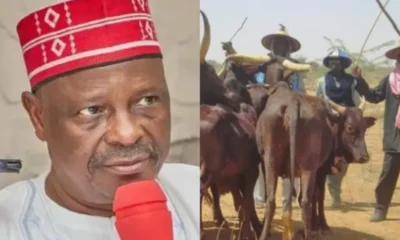
 News1 day ago
News1 day agoUS Lawmakers introduce Bill seeking sanctions against Kwankwaso, Miyetti Allah over alleged religious freedom violations
-

 News1 day ago
News1 day agoPort Harcourt Ring Road project: Julius Berger delights Gov. Fubara
-
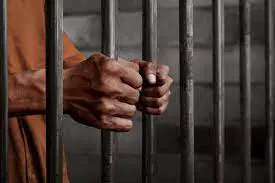
 News1 day ago
News1 day agoTurkish Court jails prominent TV Talent Manager over attempts to overthrow government
-

 World News1 day ago
World News1 day agoTrump hosts Netanyahu as Iran, Gaza top White House talks
-
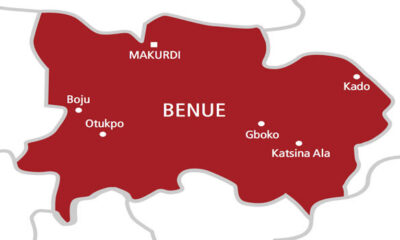
 News2 days ago
News2 days agoAgain, bandits abduct 14 passengers in Benue, kill two in fresh attack
-

 News1 day ago
News1 day agoAPC Congresses: Ex-APC NWC member warns Yilwatda against handing party structures to Governors
-

 News1 day ago
News1 day agoNSITF dismisses allegations against MD, says claims are false, malicious

